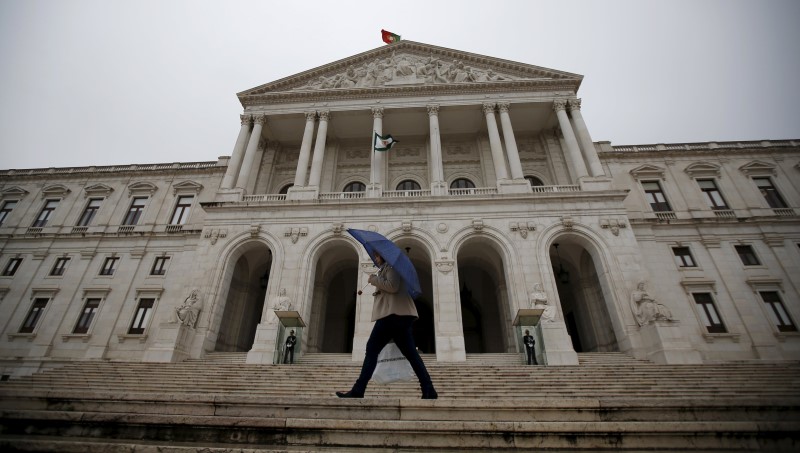LISBON (Reuters) - Portugal's parliament on Friday passed the majority Socialist government's 2023 budget, which aims to further slash the deficit and debt even as economic growth is expected to slow down sharply.
On its final reading, the bill was backed only by the 120 Socialist lawmakers in the 230-seat house. Two parties with one seat each abstained, and all other parties voted against.
The budget sees growth slowing down to just 1.3% in 2023 from 6.5% this year, with private consumption - which represents two-thirds of gross domestic product - almost stagnating as families struggle with high energy and food prices as well as rising interest rate hikes.
Exports are expected to grow by a mere 3.7%, far less than this year's 18.1% growth, given the foreseeable strong slowdown or even recession in some of its major European trading partners.
The government hopes to cut the budget deficit to 0.9% of GDP next year from 1.9% in 2022, while public debt should fall to 110.8% of GDP after a projected 115% in 2022.
Criticised by the opposition as overzealous on the deficit and not doing enough to help the Portuguese, the government has argued that the budget gap and public debt have to be slashed further at a time when the European Central Bank is hiking interest rates to fight inflation.
